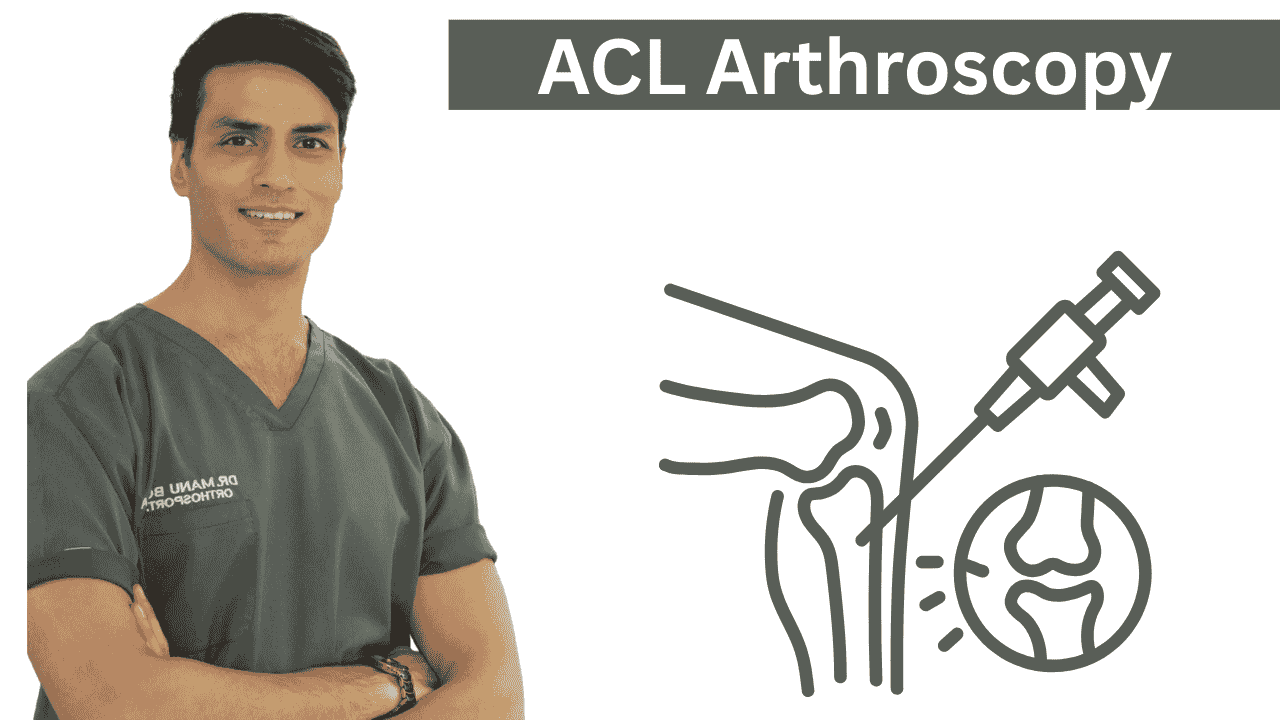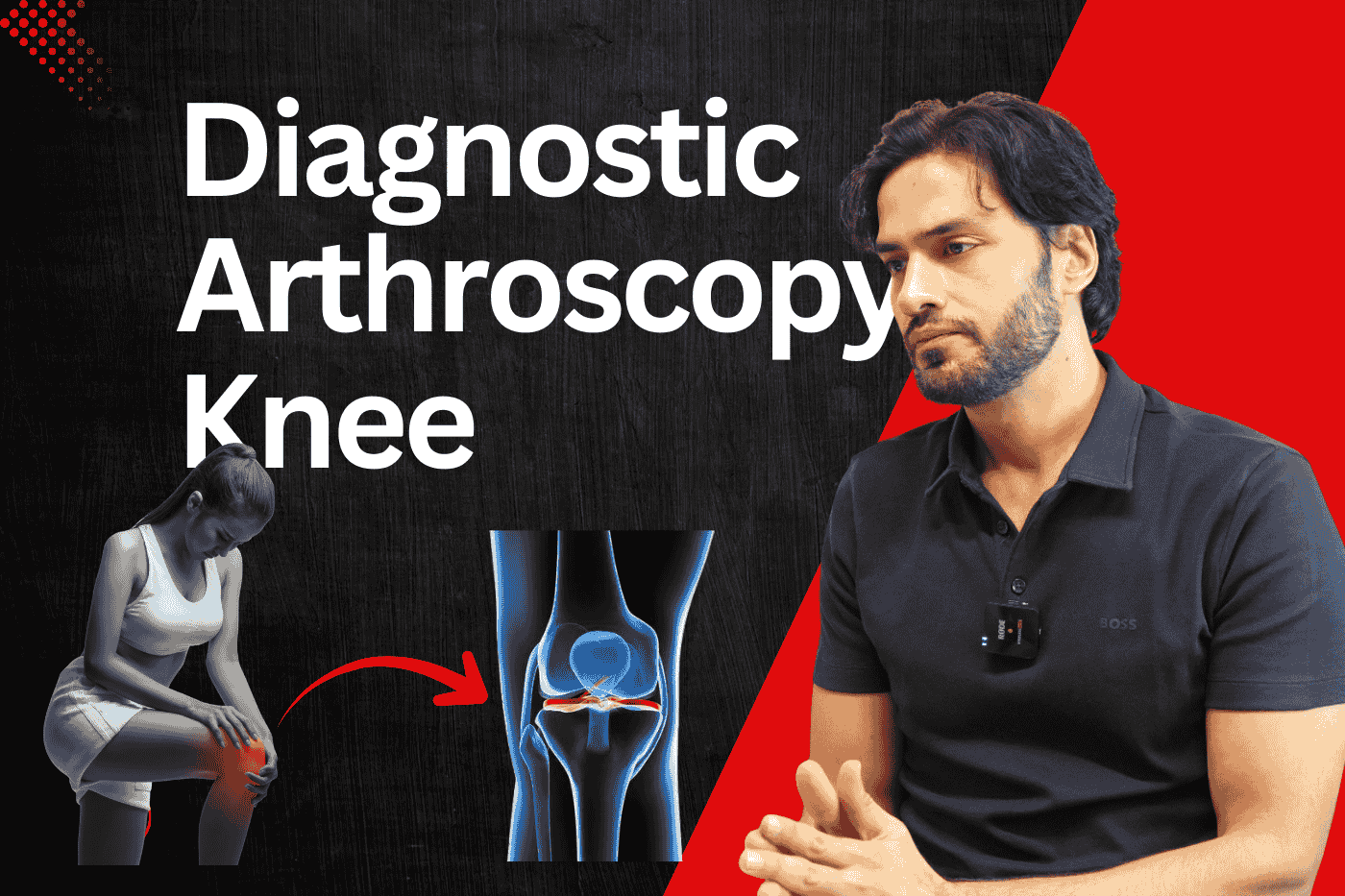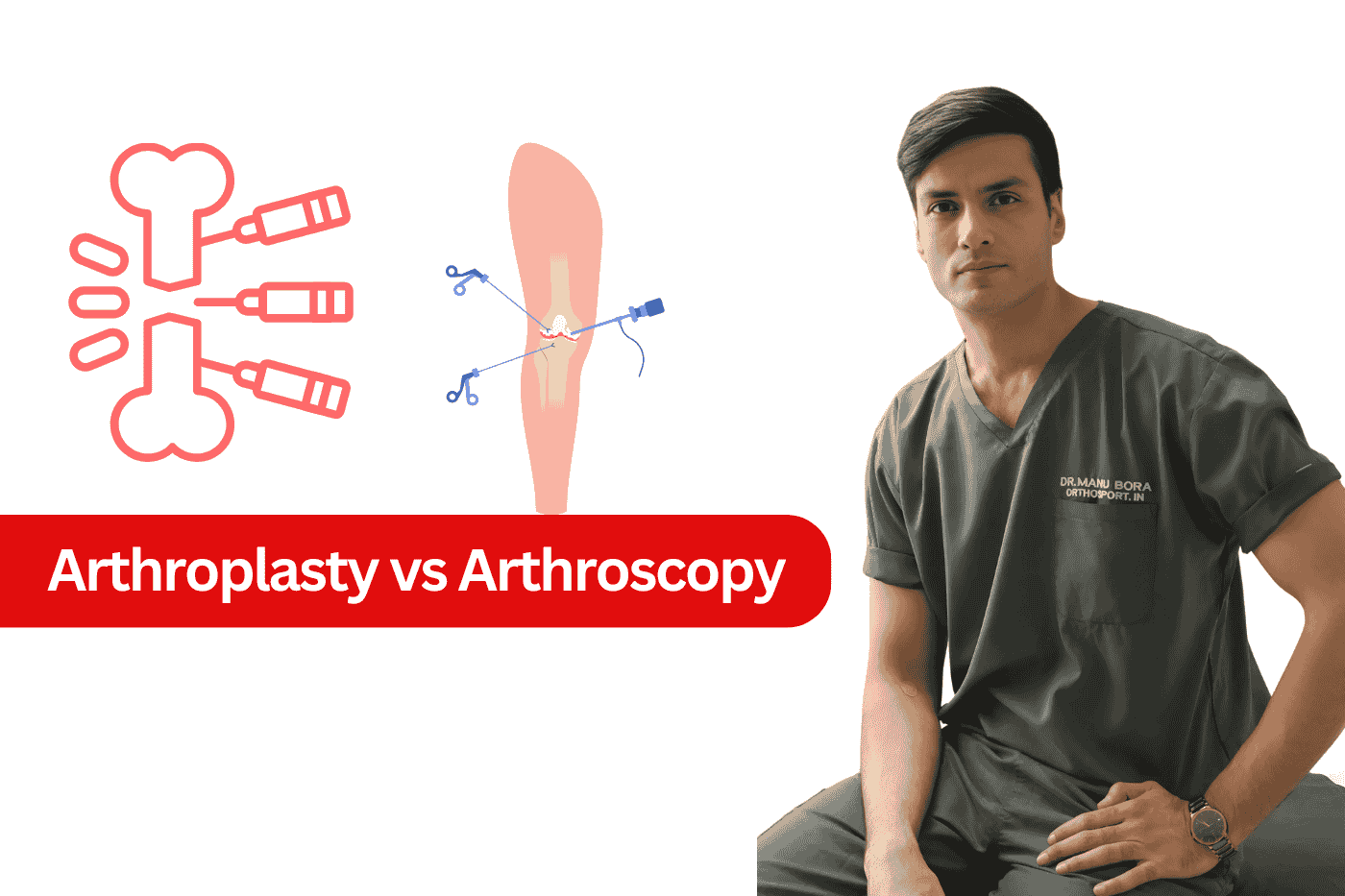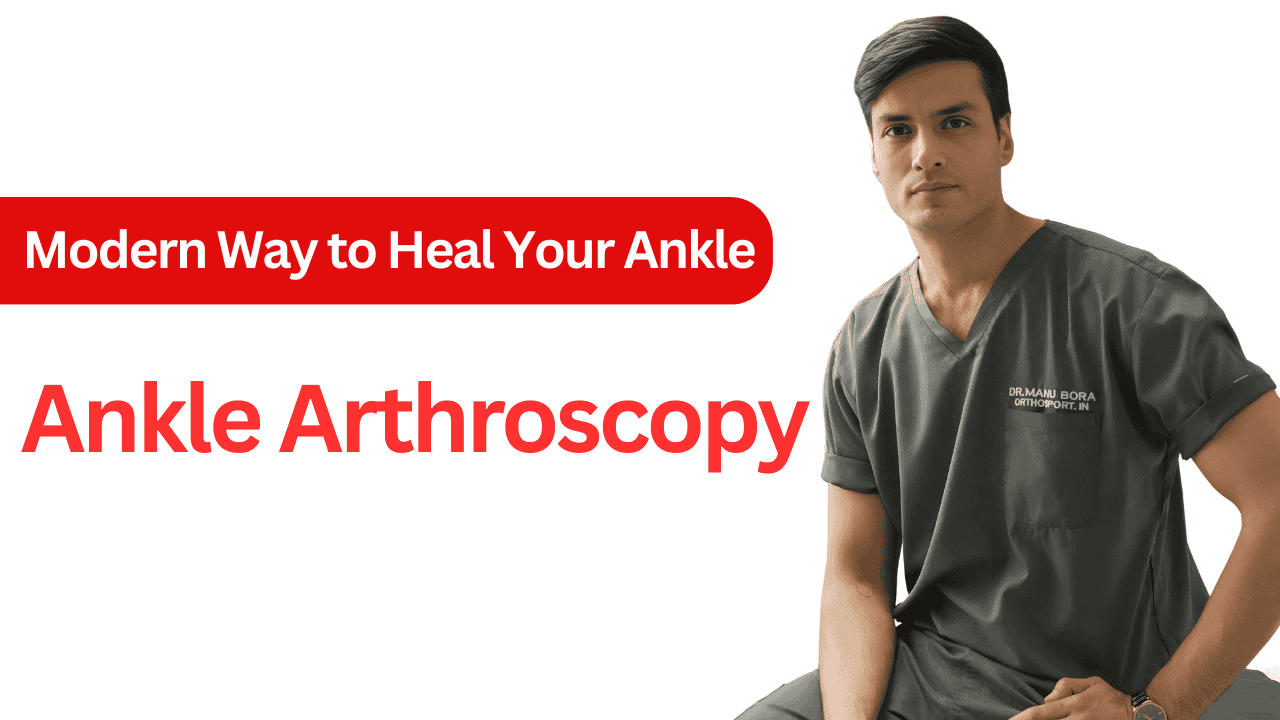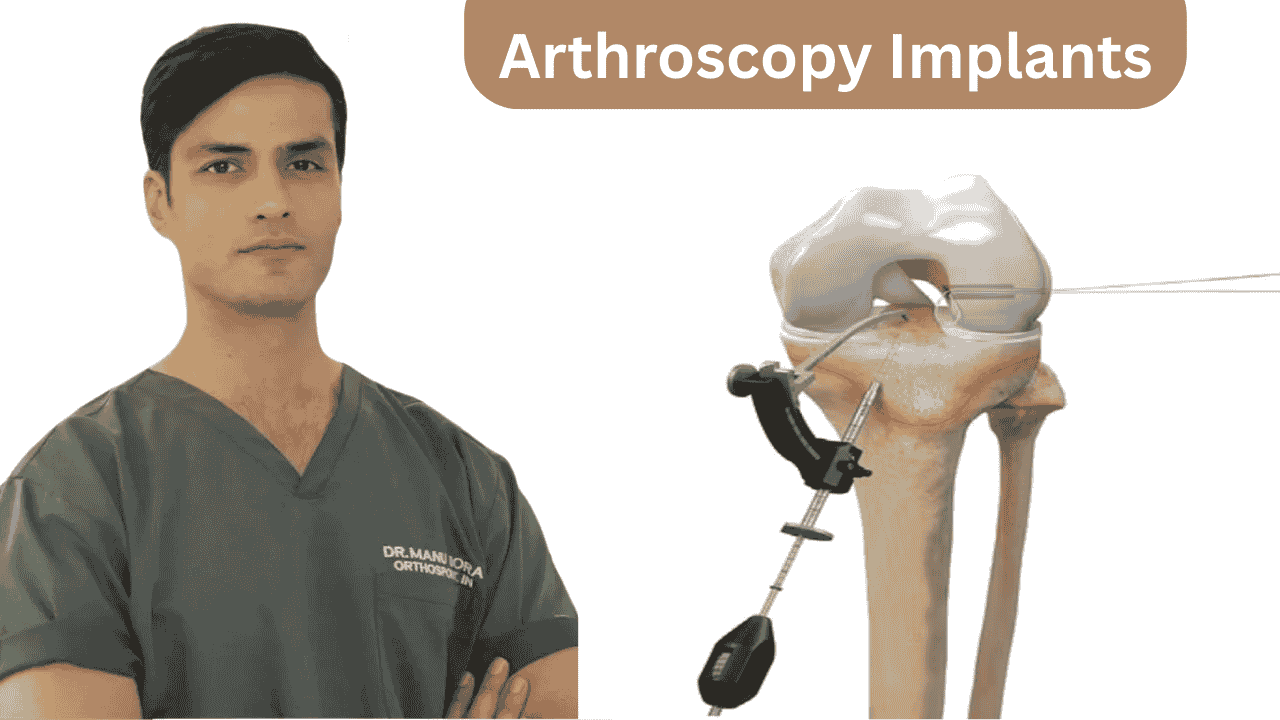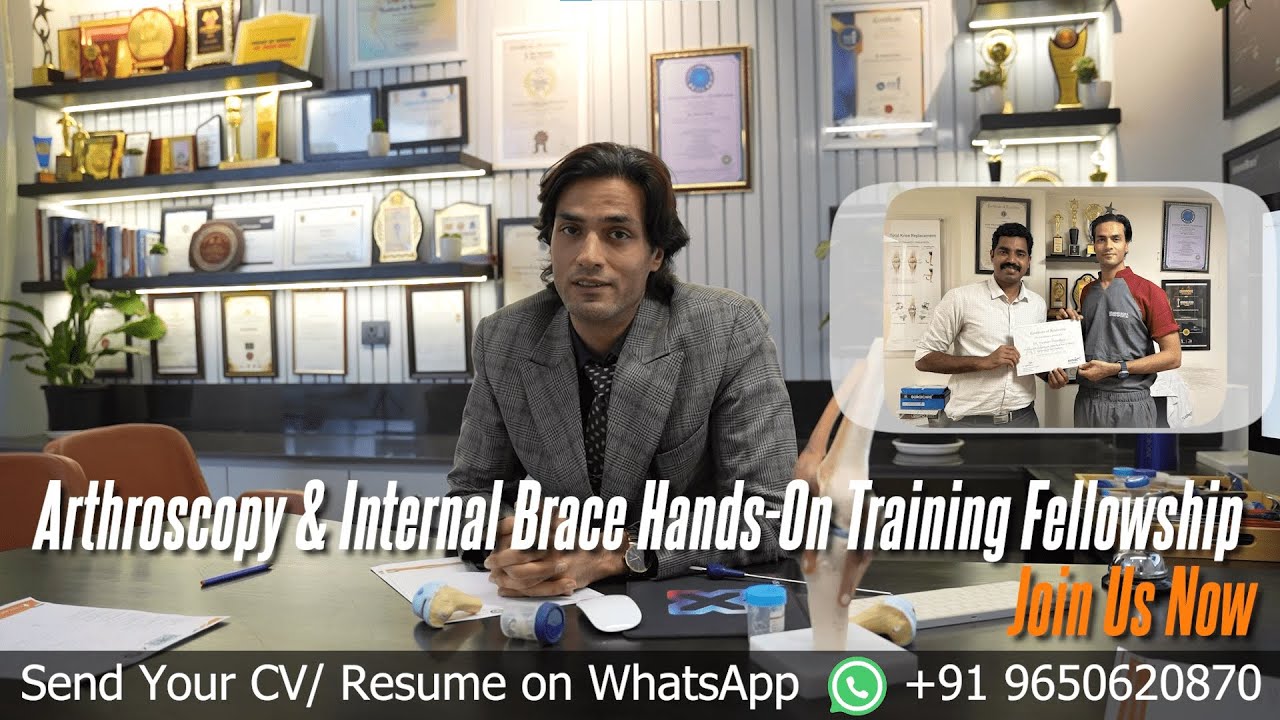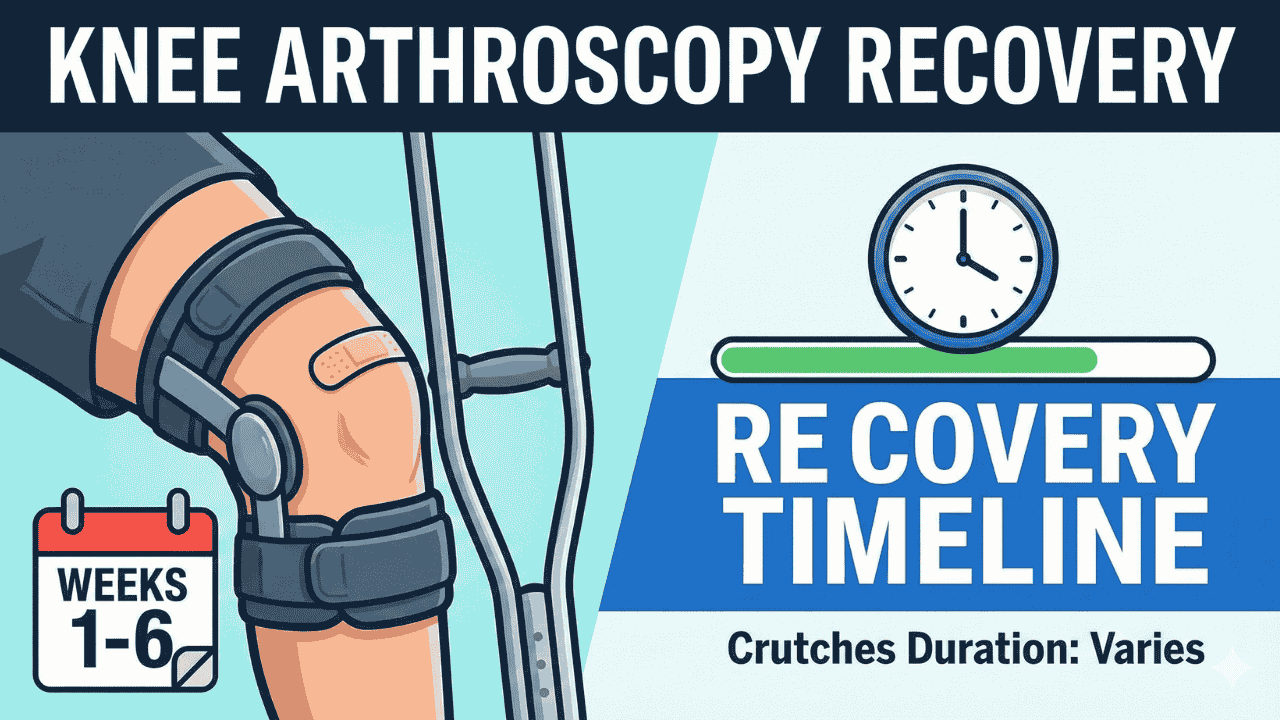Have you hurt your knee while playing sports? Did you hear a “pop” sound? You might have torn your ACL. Many people get scared when they hear about surgery. But today, acl arthroscopy has changed everything. It is no longer a big, scary operation with big cuts. It is a keyhole surgery that is quick, safe, and effective. If you are a patient wanting to run again, or a doctor looking for the best training, this guide is for you.In the past, acl arthroscopy surgery meant staying in bed for weeks.
But now, technology is better. At Arthroscopy College, we use the “All-Inside” technique. This is a special way of doing knee arthroscopy acl repair that is much stronger. Under the expert guidance of Dr. Manu Bora, we teach surgeons how to give their patients a painless recovery.
What is Modern ACL Arthroscopy?
ACL arthroscopy is a procedure where doctors use a tiny camera to see inside your knee. They do not cut your whole knee open. In the old days, doctors used screws to fix the new ligament. These screws could hurt or get loose. Now, we use something called the Internal Brace with FiberTape.
This new method is like putting a seatbelt on your new ligament. It holds everything tight so you can move immediately. This is why the acl arthroscopy recovery time is so short now. If you want to learn this advanced skill, check out our Fellowship Details. It is the best place to learn hands-on.
Walk the Very Next Day
Yes, you read that right. With the advanced acl arthroscopy procedure we teach, patients walk the next day. They do not need bed rest for months. In traditional surgery, the bone is cut a lot, which causes pain. But in our All-Inside technique, we only make tiny holes. This saves the bone and reduces pain.
We have seen many patients go back to office work in just 4-5 days. This fast acl arthroscopy recovery is what every patient wants. You can see real proof of this in our Gallery, where patients are smiling and walking right after surgery.
If you are a doctor, simply watching videos is not enough. You need to perform the acl arthroscopy yourself to learn. Dr. Manu Bora is an expert who has done thousands of these surgeries. He teaches you how to use the FiberTape and buttons correctly.
Many young surgeons worry about acl arthroscopy complications. But when you learn the right technique, complications are very rare. We also teach you about rehabilitation. Surgery is only half the work; rehab is the rest. That is why we also offer a Fellowship in Physiotherapy to help your team learn the best exercises.
The Cost and Value
Patients often ask about acl arthroscopy cost. While modern implants might cost a little more, the value they give is huge. Imagine getting back to your job in one week instead of one month. That saves you money in the long run.For doctors, investing in this training at Arthroscopy College is an investment in your career. When your patients recover fast, your practice grows. You become the go-to expert in your city. You can read more about our mentor on the Dr. Manu Bora page.
Book Your Seat or Appointment on WhatsApp
Frequently Asked Questions (FAQs)
1. Is ACL arthroscopy painful?
With the modern All-Inside technique, acl arthroscopy is almost painless. Most patients stop taking painkillers after 2-3 days because the cuts are very small.
2. How long is the acl arthroscopy recovery?
You can walk without support the next day. You can join the office in 4-5 days. For sports, you can usually return in 4-5 months, which is much faster than older methods.
3. What is the success rate of this surgery?
The success rate is over 99% when done with the Internal Brace. The FiberTape protects the ligament, preventing it from tearing again.
4. Do you use screws in this procedure?
No, in the All-Inside acl arthroscopy procedure, we use cortical buttons and FiberTape. We avoid big screws that damage the bone.
5. Can I run after this surgery?
Absolutely. The goal of this surgery is to get you back to running and sports. With proper rehab, you will be running better than before.

